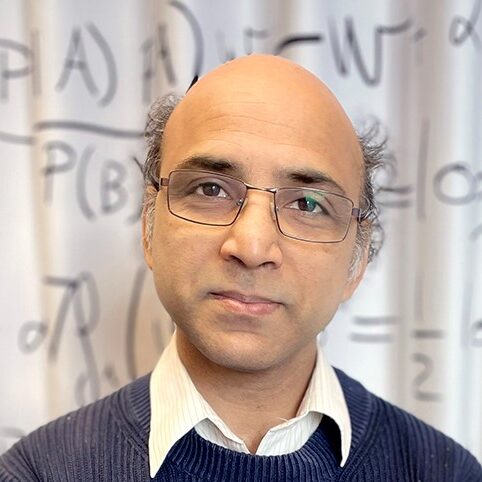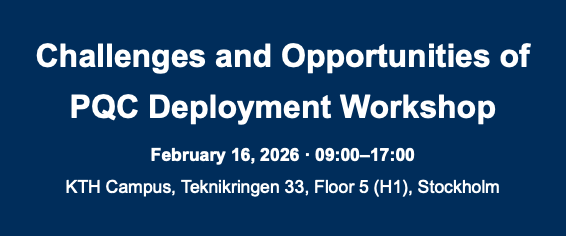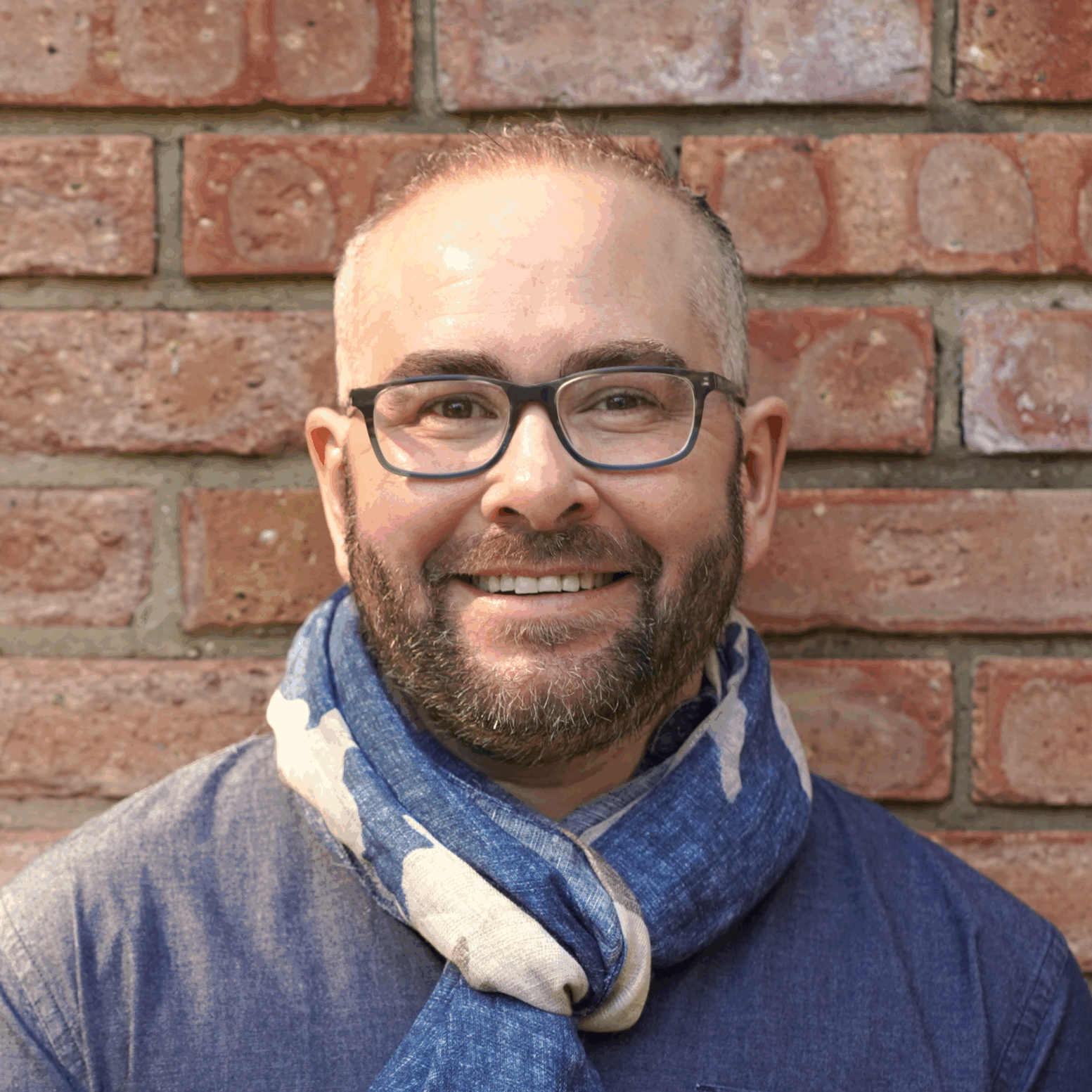Date and time: Thursday 30 October 2025, 13:00-14:00 CET
Speaker: Arvind Kumar, KTH
Title: Brain Diseases and The Digital Future
Where: Digital Futures hub, Osquars Backe 5, floor 2 at KTH main campus OR Zoom
Directions: https://www.digitalfutures.kth.se/contact/how-to-get-here/
OR
Zoom: https://kth-se.zoom.us/j/69560887455
Host: Martina Scolamiero scola@kth.se

Bio: Arvind Kumar is an Assoc. Professor of computational neuroscience at CST division in EECS school at KTH. He is the coordinator of the Brain Health Strategic Research Initiative. Arvind’s group called NeuroLogic is interested in how the neural hardware shapes brain activity dynamics and information processing. They use computational and analytical tools to build models of brain function. Besides addressing questions related to neural coding, information representation and transfer in the brain networks, Arvind’s group is using these models to understand neural mechanisms underlying brain diseases and develop model-driven data analysis pipelines.
Arvind studied electrical engineering in India. Then he moved to Freiburg, Germany for his doctoral studies in computational neuroscience. He did his postdoctoral training at Brown University, Provident, USA. Before moving to KTH in 2015 he was a group leader at the Bernstein Center Freiburg, Germany.
Besides neuroscience, he has some expertise in Cricket.
Webpage: https://www.kth.se/profile/arvindku and https://arvkumar.github.io/
Abstract: Brain diseases are a growing concern for public health in modern societies. While elderly people are at the risk of developing neurodegenerative diseases (e.g. Alzheimer’s disease, Parkinson’s disease), younger people are increasingly at risk of developing psychiatric disorders. There has been great progress in the description of brain diseases, but there is not much progress in either early diagnosis or treatment. In the age of big data and AI there is a renewed hope to change the status quo. Online data repositories and AI-powered data analysis tools are now available but still there is not much progress.
In my talk I will discuss what should be the digital future for the diagnosis and treatment of brain diseases. A simple thought experiment is sufficient to show why our current Data+AI-based is inherently flawed and most of the data repositories are useless. I will explain what a brain disease is from a computational perspective and what are the fundamental roadblocks. Next, I will discuss how we can change the situation by combining biophysical models of the brain with generative AI. I envision a future where brain health is monitored regularly with minimal expert intervention and personalized models for early diagnosis using biomarkers that suggest ways to correct the brain state.




